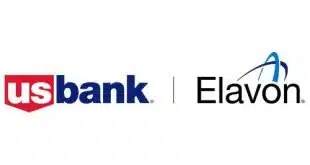Ever since U.S. Senators Dick Durbin of Illinois and Roger Marshall of Kansas introduced the Credit Card Competition Act last year, we haven’t been surprised at the bipartisan support the legislation has received. After all, the bill promises to contain credit card acceptance costs for merchants, and to do it by means of making networks compete for volume. That sounds reasonable, pleases merchants, and placates free-market types who object to government mandates, particularly when it comes to pricing.
The bill, known as “Durbin 2.0” because it follows by a decade the veteran lawmaker’s rules aimed at putting a lid on debit card acceptance costs, also seems, on the surface at least, more reasonable than the debit mandates. Those requirements provided for hard and fast caps on interchange for the nation’s largest issuers. By contrast, the CCCA would encourage competition, its advocates say, and let market forces drive down debit interchange costs. How? By requiring that, for any given transaction, at least one network other than Visa or Mastercard must be made available. And the law would apply only to issuers with assets of $100 billion or more.
It sounds like a reasonable mix of legal requirement and market response, so the credit card bill has drawn its fair share of bipartisan support. After all, there are more merchants, large and small, than there are banks and credit card networks.
But there are dissenters, and they include at least some merchants. The Electronic Payments Coalition, which represents the interests of card issuers and has lobbied hard against the CCCA, has sponsored the Small Business Payments Alliance, a merchant group opposed to the bill. When our sister publication, Digital Transactions News, asked one of the members, a café owner, why he was against the CCCA, he said alternatives like American Express are even more expensive than Visa and would only drive up his acceptance costs. He also feared smaller networks on the eventual menu of choices would fall short on infrastructure and security.
It’s hard to tell how widespread this sentiment might be. With the backing of powerful retail associations, though, the CCCA likely has the support of most big chains and probably a majority of mid-size sellers.
But even if this upstart SBPA embraces a scattered few merchants, it may behoove legislators to hear its point of view. The debit networks, which are often mooted as alternatives to Visa and Mastercard, may well be fit to fill that role. They likely have the technical chops to pull it off. But no one can say how keen they are to step in, since they shun all opportunities to address the topic.
—John Stewart, Editor john@digitaltransactions.net





